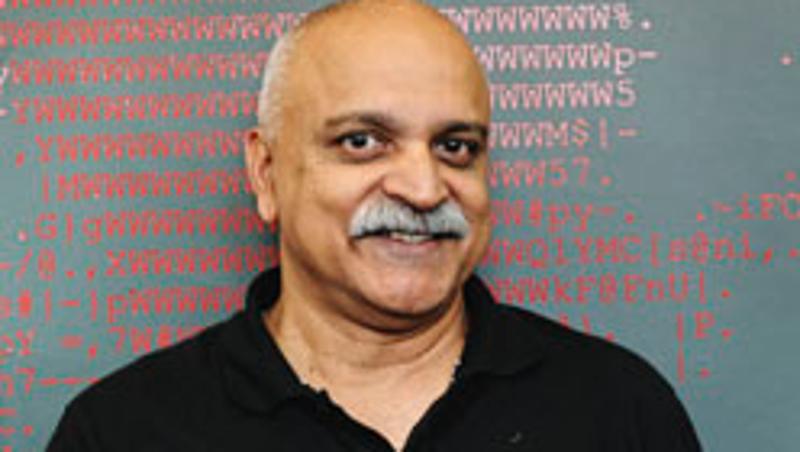
A QUT professor, chosen to help improve the online access of secondary schools students in Samoa, believes that free, open-access learning websites could help close the education gap in developing countries.
Professor Hitendra Pillay, from QUT's School of Learning and Professional Studies, was asked by the USA-based Research Triangle Institute to lead an Asian Development Bank-funded project, which aims to provide all secondary schools in Samoa with wireless broadband network.
This would enable students to access digital texts and valuable online learning resources.
He said that in a knowledge society, value was created by increasing access to information.
"The schools in Samoa are under-resourced, and currently most of them do not have any digital learning resource or internet access," he said.
"Going online and using digital repositories are the best ways for these schools to pool their resources and talk to each other.
"Around the world, it is clear that education's future will be very closely aligned with online services. This is particularly so in countries where resources are low, and where even things like extreme tropical weather conditions can result in damaged books and other expensive items having to be replaced annually."
Professor Pillay said as education systems went more online, content-based learning websites were the future.
For his project in Samoa, Professor Pillay plans to use open information-sharing educational websites such as the Khan Academy to educate students.
The Khan Academy features a large amount of YouTube online tutorials on a range of subjects, with content closely matching a secondary curriculum. The site is supported by philanthropist Bill Gates, and Professor Pillay has been in contact with the Khan Academy regarding using the resources in Samoan secondary schools.
"The site is free, and content-driven, and allows students to replay to go over parts they did not understand and revise subjects they need to," said Professor Pillay.
"As more education goes online and textbooks are becoming digital, open sites such as this are a fantastic resource, and we will be using this site and others for educating high school students in Samoa and other resource-poor countries."
The project will see the gradual rolling out of IT equipment and of the wireless broadband network to all secondary schools in Samoa over the next two years.
Media contact: Sharon Thompson, QUT media officer - 3138 2999 or sharon.thompson@qut.edu.au


